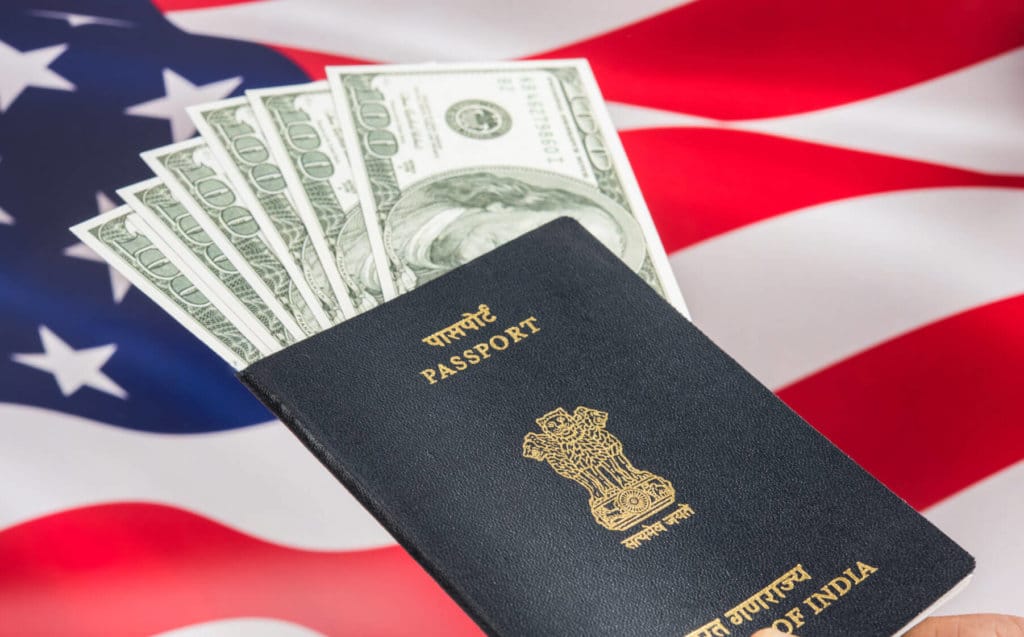Errors in applications or missing documents can now lead to the rejection of U.S. visa or permanent residency applications, as a newly enforced rule gives immigration officers more discretion to cancel the applications without even issuing a notice or giving the applicant a chance to rectify the error or submit the required documents.
As per the new rule, the officers will not be bound to first issue a Request for Evidence (RFE) or Notice of Intent to Deny (NOID) before cancelling the application. They can quash it directly, if they find that the initial evidence is not submitted or if the evidence in the record does not establish eligibility.
“The burden of proof is on the applicant, petitioner, or requestor to establish eligibility,” the U.S. Citizenship and Immigration Services (USCIS) has said.
The new rule will be applied to applications received on or after Sept.12, 2018. The policy memorandum in this regard was issued on July 13, 2018 and it has now come into effect.
The rule will impact almost all the immigration applications and petitions, which include green card applications and H-1B visas, the Economic Times reported.
“This policy is intended to discourage frivolous or substantially incomplete filings used as ‘placeholder’ filings and encourage applicants, petitioners, and requestors to be diligent in collecting and submitting required evidence,” the USCIS had said in a statement in July.
Immigration lawyers, activists and people who are likely to be impacted from this new rule are calling it a “major shift,” according to the Hindustan Times. They feel that the new rule will not only make the procedure more costly and lengthy but it may even lead to the deportation of the person living in America if his/her status expires during the process.
However, the USCIS termed it as an attempt to ensure the integrity of system and prevent non-serious applications.
“This policy change is part of an ongoing effort to help faithfully execute and protect the integrity of our laws, cut down on frivolous applications, reduce waste, and help ensure legitimate, law abiding petitioners seeking greater safety, security and prosperity aren’t undermined by those able to game our system,” Michael Bars, the spokesperson for US Citizenship and Immigration Services (USCIS), said.
Officers were earlier required to send notices in these situations, and applicants were given a chance to rectify such mistakes to proceed further. The new rule also includes an option for officers to follow the same route, but it is totally their decision if they wish to give the applicant a chance or simply skip the step if the application is appearing frivolous, as per Pro Publica.
The new provision deprives the applicants of any intervention before the decision is taken on their application. Although the right to appeal against the decision will be available, it will increase the paper work and time consumption in the process.
The USCIS has published checklists on its website on Sept. 11 mentioning the initial required documents/evidences for various visa categories.
The recent move of the U.S. immigration department is seen as part of the anti-immigrant crackdown of the Trump administration. It was reported in July that applications for Indians result in higher rates of denials and Requests for Evidence on both H-1B and L-1 visas. The USCIS also extended the suspension of premium processing of H-1B visas last month.
